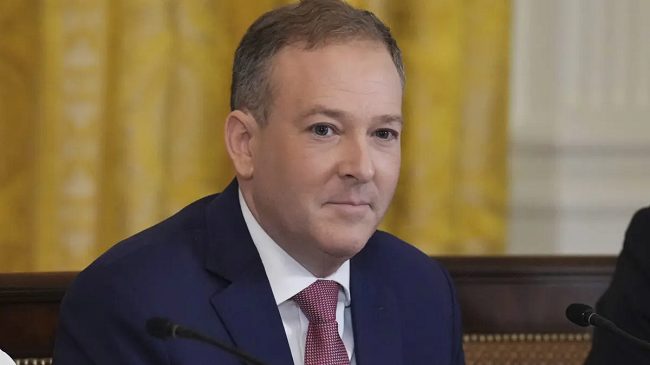In a sweeping deregulatory move, the Trump administration has proposed scrapping the Endangerment Finding, a foundation of U.S. climate policy that enabled federal regulation of greenhouse gas emissions and pollutants, by setting emissions standards.
First established in 2009 by Barack Obama’s government, the Endangerment Finding declared that carbon dioxide and other greenhouse gases pose a threat to public health and welfare. The ruling, based on a 2007 Supreme Court decision, gave the EPA legal authority to regulate emissions from cars, power plants, and industrial sources under the Clean Air Act.

Now, under EPA Administrator Lee Zeldin, the agency is seeking to overturn the finding. Calling it “the largest deregulatory action in the history of America” on a recent conservative podcast, Zeldin characterised the move as a rejection of “the holy grail of the climate change religion.”
If finalised, the repeal would gut the federal government’s ability to regulate greenhouse gas emissions, including the rollback of vehicle emissions standards and methane limits on oil and gas operations. It would also severely restrict future administrations from enacting similar protections. The finding was a key justification behind the Biden Administration’s electric vehicle (EV) mandate which has been a key issue of opposition for Trump.
The administration argues that the Clean Air Act was never intended to regulate global climate pollutants, suggesting instead that EPA authority should be limited to pollution with local or regional health impacts. This interpretation, however, has been widely dismissed by legal scholars and environmental experts.
Critics warn the proposal could have catastrophic environmental and legal consequences. Former EPA officials, including Republicans, have condemned the move as a betrayal of the agency’s mission. Climate scientists emphasise that eliminating the Endangerment Finding undermines decades of research linking emissions to rising global temperatures, extreme weather, and public health risks.
Whilst the proposal is expected to face significant legal challenges, experts caution that the mere attempt could delay climate action and weaken existing protections. A public comment period is now underway whereby the public can issue their thoughts on the proposal, before any final decision is made.
